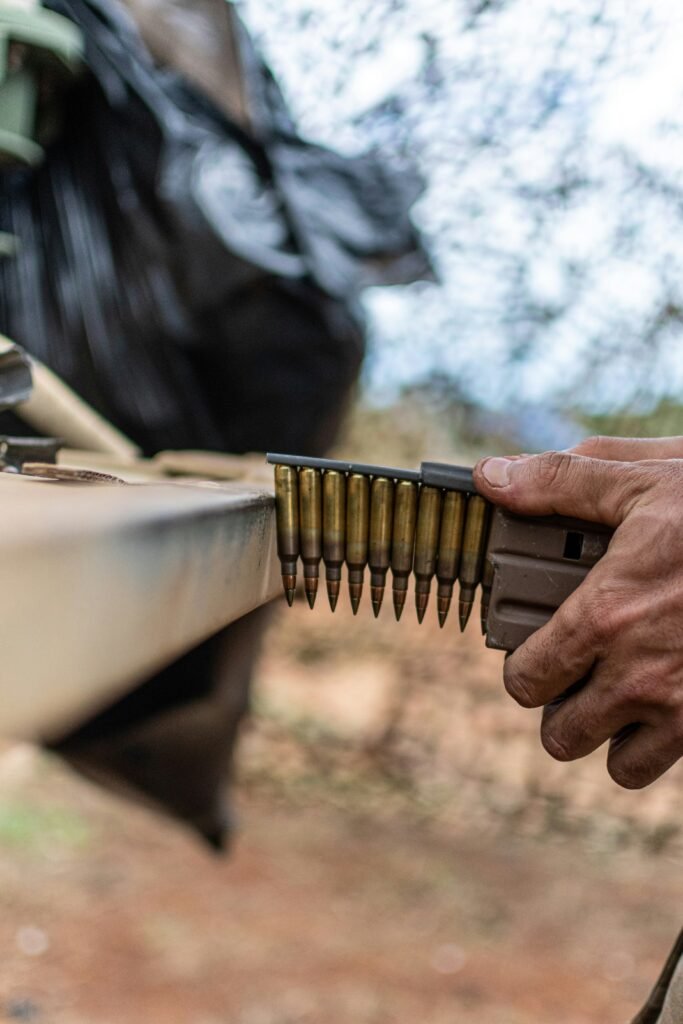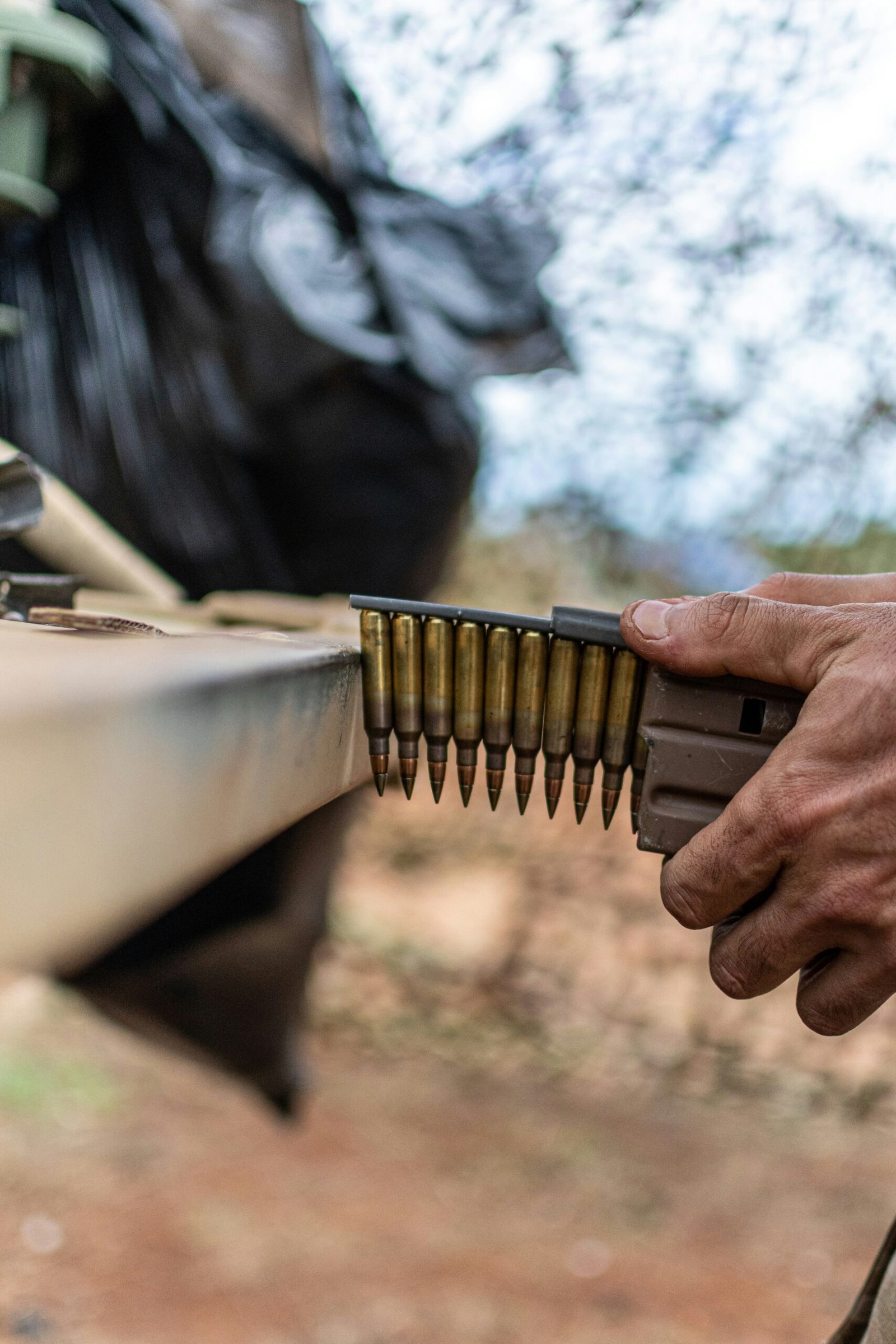Welcome to a helpful guide on troubleshooting common issues in gun safes! In this article, you will learn about common problems gun safe owners may face, such as difficulties with the locking mechanism, electronic keypad malfunctions, or interior humidity control. You will also discover practical tips and solutions to address these issues and ensure your gun safe functions as it should, providing you with peace of mind and security for your firearms. Let’s dive in and tackle those pesky problems together! Have you encountered issues with your gun safe that are causing you frustration and concern? Fear not, as this article will guide you through troubleshooting common problems that gun safe owners may face. By following these helpful tips and tricks, you’ll be able to address issues quickly and effectively, ensuring the safety and security of your firearms.

This image is property of images.pexels.com.
Understanding the Basics of Gun Safes
Before diving into specific troubleshooting tips, it’s essential to have a basic understanding of how gun safes work. Gun safes are designed to securely store firearms and other valuables, providing protection against theft and unauthorized access. Typically, they feature a sturdy metal construction with locks and bolts to secure the contents inside.
How Does a Gun Safe Lock Work?
The most common types of locks found in gun safes are electronic, mechanical, and biometric. Electronic locks require a code to be entered, mechanical locks use a combination dial, and biometric locks use fingerprint recognition. Understanding how your gun safe lock operates is key to troubleshooting any issues that may arise.

This image is property of images.pexels.com.
Troubleshooting Common Gun Safe Issues
Now that you have a basic understanding of how gun safes work, let’s dive into specific troubleshooting tips for common issues you may encounter. From lock malfunctions to keypad problems, we’ve got you covered.
Lock Not Opening
If you’re having trouble opening your gun safe due to a lock malfunction, the first step is to check the battery in an electronic lock. Low battery power can cause the lock to fail to open, leading to frustration. Replace the battery with a fresh one and try opening the safe again. If the problem persists, contact the manufacturer for further assistance.
Keypad Not Responding
A keypad that is not responding can be a common issue with electronic gun safe locks. Start by ensuring that the keypad is properly connected to the control panel inside the safe. If the connection is secure, try cleaning the keypad with a soft cloth to remove any dirt or debris that may be causing the issue. If the problem continues, consider resetting the keypad to its factory settings according to the manufacturer’s instructions.
Safe Not Locking Properly
If your gun safe is not locking properly, it may be due to an issue with the locking mechanism or bolt. Check to see if there are any obstructions preventing the bolt from engaging correctly. If the problem persists, contact the manufacturer for further guidance on how to troubleshoot the locking mechanism.
Difficulty Opening and Closing the Door
Difficulty opening and closing the door of your gun safe can be caused by several factors, such as misalignment or warping. Check the hinges and bolts to ensure they are properly aligned and tightened. If the door continues to stick or have trouble closing, consider lubricating the hinges with a silicone-based lubricant to improve smooth operation.
Forgotten Combination
If you’ve forgotten the combination to your gun safe, don’t panic. Many gun safes come with a backup key or reset option to help you regain access. Contact the manufacturer or refer to the user manual for instructions on resetting the combination or using the backup key to unlock the safe. Be sure to keep the new combination in a secure place to avoid future lockouts.
Biometric Recognition Failure
Biometric gun safes use fingerprint recognition technology to unlock the safe. If you’re experiencing issues with biometric recognition, start by cleaning the fingerprint scanner with a soft cloth to remove any dirt or residue that may be interfering with the sensor. Re-register your fingerprints according to the manufacturer’s instructions to improve recognition accuracy.

This image is property of images.pexels.com.
Maintaining Your Gun Safe for Longevity
In addition to troubleshooting common issues, it’s essential to properly maintain your gun safe to ensure its longevity and performance. Regular maintenance practices can help prevent problems from occurring and extend the lifespan of your safe.
Regular Cleaning and Inspection
Periodically clean your gun safe inside and out to remove dust, dirt, and debris that can affect its operation. Inspect the locks, bolts, hinges, and interior for any signs of wear or damage. Lubricate moving parts with a silicone-based lubricant to keep them functioning smoothly.
Avoid Excessive Weight
Avoid overloading your gun safe with excessive weight that can strain the hinges and bolts, leading to potential issues with opening and closing the door. Distribute the weight evenly inside the safe and consider removing unnecessary items to prevent strain on the structure.
Climate Control
Maintain a stable climate inside your gun safe by controlling humidity levels to prevent rust and corrosion on firearms and other valuables. Consider using a dehumidifier or desiccant to absorb moisture and protect your firearms from damage.

This image is property of images.unsplash.com.
Conclusion
In conclusion, troubleshooting common issues in gun safes can be easily overcome with the right knowledge and tools at your disposal. By understanding how your gun safe operates and following these troubleshooting tips, you’ll be able to address issues promptly and maintain the security and functionality of your safe. Remember to practice regular maintenance and care to prolong the lifespan of your gun safe and keep your firearms secure for years to come.
